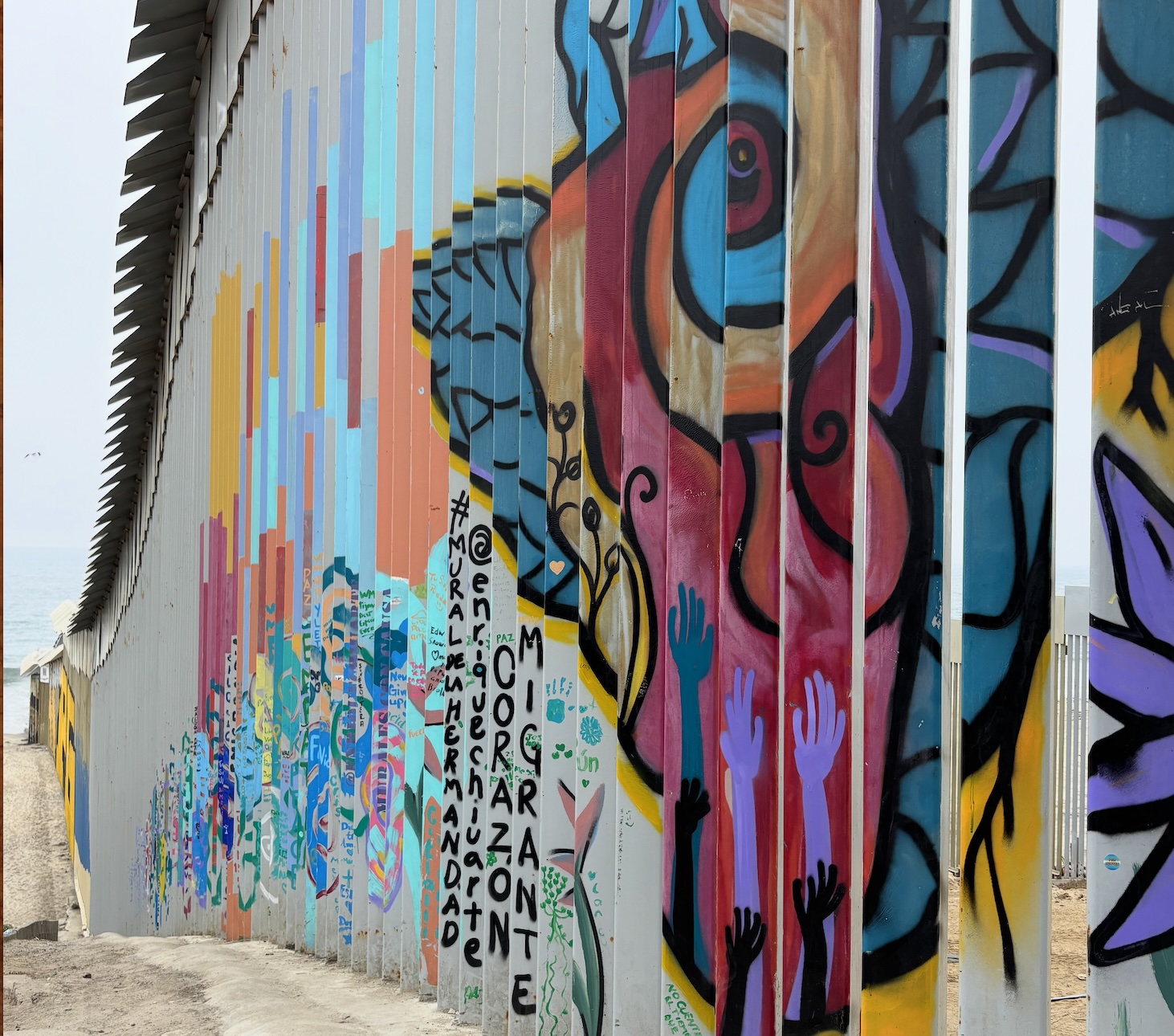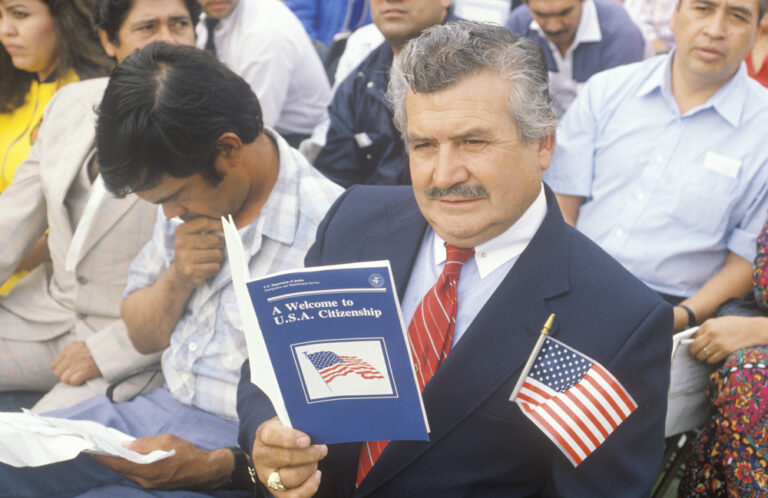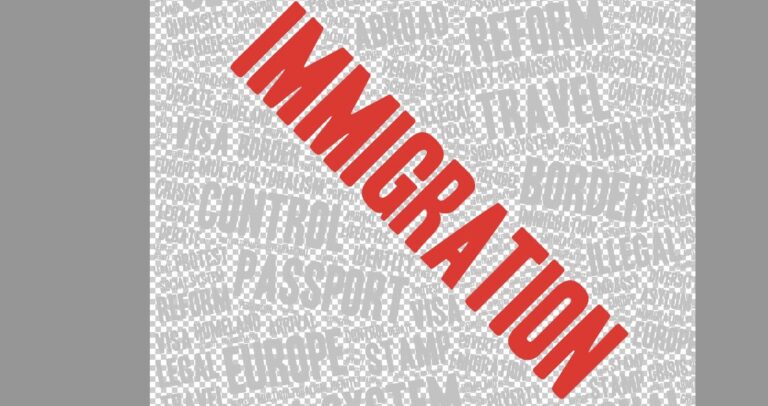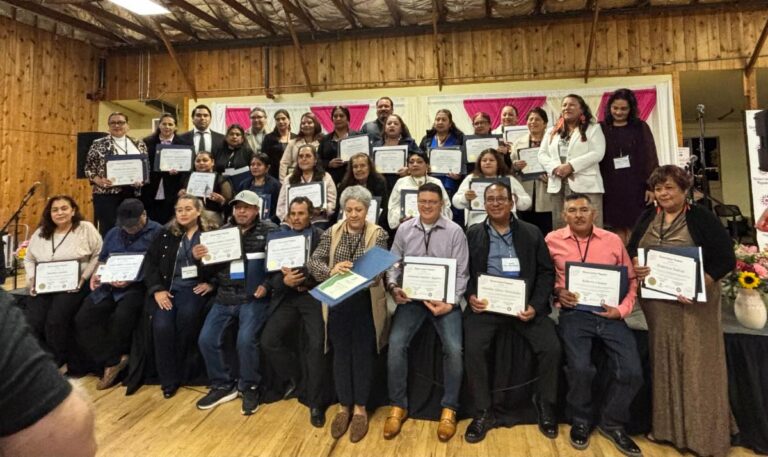By NCI
This issue of North County Informador brings together immigration tips to help you stay on track and protect yourself from scams and fraud. Three immigration lawyers also offer some advice.
Immigration Tips
- Prepare for the ‘what if’ scenario: What if you do get deported? Do you have a network in your home country?
- Plan for the future. Where will you retire? How are you investing remittances?
- Get social security numbers immediately for anyone in your family who qualifies.
- Court orders are constantly changing, such as Title 42. Ask an immigration attorney or a nonprofit for help.
- If you are the victim of a crime, you may be eligible for a U visa.
Tips from immigration attorneys
Eurbey Lopez:
- If you’re in removal process, you need an attorney.
- Everybody needs an individualized plan, and individualized answer.
- Talk to your network. Have a network. Be involved with somebody. Be involved with your church. Don’t be by yourself.
Edward Perez:
- Talk to an attorney who has some years of experience. See if they’re a member of AILA—American Immigration Lawyers Association.
- Go to tax preparers and get ITIN number. File taxes legally, declare earnings. Getting legal is not affected by tax records.
- Don’t get into crime. No DUIs, no domestic violence. Those are two things that are killers for immigration.
- Hold onto documentation. Save proof of being here…rent receipts, vaccination records. Be a good record keeper.
Maricela Amezola:
- You cannot treat your case the same as your neighbor’s case.
- Don’t get legal advice from TikTok videos. You cannot get immigration legal advice in a minute.
- Don’t believe everything you hear on social media. Every case is different.
- Always go with a referral. Ask your friends what their experience was with an attorney or nonprofit.
North County nonprofits that provide immigration services for low or no cost
Legal Aid
110 S. Euclid Avenue
San Diego, CA 92114
1-877-534-2524
UURISE
1600 Buena Vista Dr
Vista, CA 92081
760-477-7537
North County Family Justice Center / One Safe Place
1050 Los Vallecitos Blvd
San Marcos, CA 92069
Universidad Popular
760-659-0109
261 Autumn Dr., San Marcos
Visit the ACLU for information on your rights.
E-mail: info@aclusandiego.org
Main phone: 619-232-2121
Legal assistance: 619-232-2121
Common Scams
- If you have never called USA.gov, they will not call you.
- US Citizenship and Immigration Services (USCIS) will NOT contact you through personal social media accounts such as Facebook, Twitter, LinkedIn.
- USCIS will never ask you to transfer money to an individual. They do not accept Western Union, MoneyGram, PayPal, or gift cards as payment for immigration fees. They never ask you to pay fees on the phone or by email.
- Online, make sure the government site ends with .gov
- All immigration forms are FREE online.
- Notario público: In the United States, notary publics are NOT attorneys.
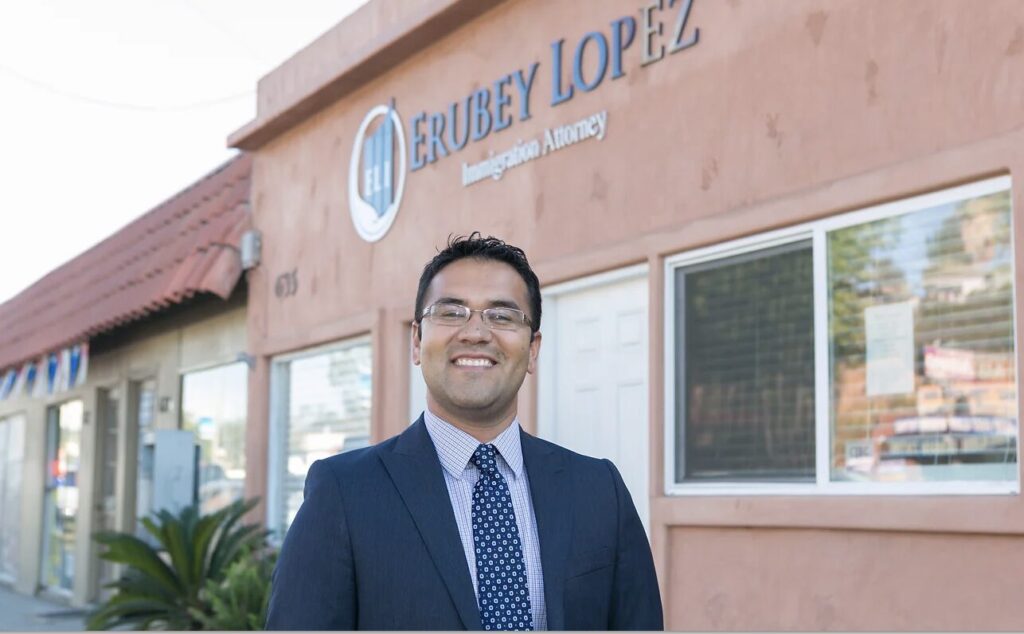
The Law Office of Erubey Lopez
760-542-6687
635 South Santa Fe Ave, Vista CA 92083
Erubey Lopez’s father was a seasonal agricultural worker in avocados in the North County, from the state of Guerrero. He took advantage of the immigration reform in 1986 to bring his family to the United States, including his six-year-old son Erubey, who grew up in Vista.
“Back then…the border was different,” he told North County Informador.
Today, people’s problems are not just immigration. “They need somebody who understands their life and their struggles,” said Lopez. “The Law tries to take away our dignity. … That can be dehumanizing.”
Lopez, who attended UCLA Law School, does what he can to “get in touch with their human struggle.”
He told, us, “When I go to court, a lot of times people don’t have as strong a case as they hoped. And they just want to be treated fairly.”
Today, he works mainly with adjustments, family petitions, and citizenship processes and is confident he can deliver to his clients what they want and need. “People want to be told that they have a winning case. And when they don’t, I don’t want to give them expectations…”
He recommends an individual approach. “This issue is important enough that you should not know what is good for everyone, but you should know what is good for you,” he said. For that, he said, it is best to talk to an immigration attorney about your particular case.
He said immigration has changed and people are being misled. People used to come and hide in the shadows, but today many people come with “absolutely nothing. They show up at the border completely destitute trying to be let in, with the expectation that there is something for them. And there is nothing for them, for the most part,” he said. “They’re stuck at the border in the cold… they were chasing a false hope.”
Still, he recommends getting all the facts by talking to an immigration attorney.
“If you try hard enough, you’re going to find an attorney or a notario who will give you the false hope that you need,” he said, but “Being undocumented is the biggest obstacle in your life. It needs to be important enough for you to have an individualized look at your case.”
—–
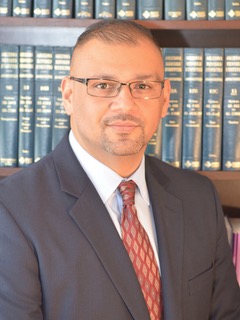
Edward Perez
619-913-7003
4364 Bonita Rd. #424 Bonita, CA 91902
Las Valientes: 760-439-1133, every Friday, 10 a.m.–1:00 p.m.
1001 E. Vista Way, Suite C
Vista, CA 92084
Edward “Ed” Perez is an immigration attorney with an office in Chula Vista; on Fridays he shares an office in Vista with Las Valientes.
Edward says he is an Immigration Attorney because of “a sense of responsibility on my part, that my parents were undocumented when they first came into the country, and except for winning life’s lottery and being born in this country, my life would’ve been different.”
Once a deputy sheriff in Imperial Beach, he became a lawyer, a prosecutor, and then a criminal defense attorney, which introduced him to Immigration Law.
Besides his private practice law offices, Perez is an assigned counsel for the San Diego County Office of Assigned Counsels, through which the county offers pro bono legal services for immigration detainees or immigration matters. And he volunteers at the Mexican Consulate.
Pérez recommends talking to two or three attorneys. “After you talk to a few, they’ll pretty much tell you about the same thing. Whatever your matter is. That’s how you know if you’re on the right track,” he said.
Perez warns people to be wary of fraud. “There’s a lot of people doing legal work, like family petition things, and even asylum claims, who are not attorneys.” So, in the state of California, they are allowed to be ‘document preparers’, but they’re not allowed to actually take a set of facts and apply the law…And that’s where people get in trouble.”
He warns that taking the wrong path “comes out more expensive in the long run.” If you sign something, you are responsible even if you don’t understand what you’re signing.
He notes that the best course of action is to talk to an attorney about your options. “I always tell people that my job is to tell you the truth, not what you want to hear.”
Also, he said, “The law may change. DACA, we didn’t see DACA coming. If you were law-abiding, that door is still open to you, but if you went and got into shenanigans, then you’re going to miss the boat.”
….
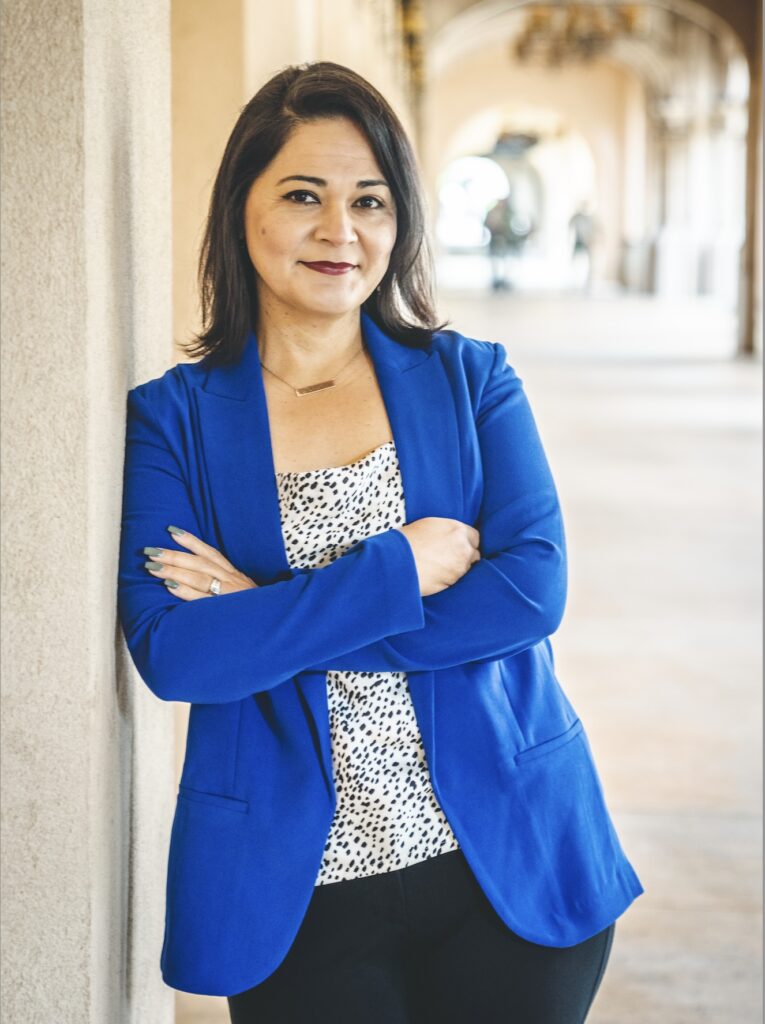
Maricela Amezola
Amezola Legal Group
4541 College Avenue
San Diego, CA 92115
(619) 255-7310
https://amezolalg.com/maricela-amezola
Works with Universidad Popular
A first generation Mexican-American, Maricela Amezola was born to migrant parents and witnessed the raids in the Central Valley. “The farmers on Fridays would call back in the eighties, and even early nineties, they would call Immigration instead of paying their workers.”
Today, she is an immigration attorney. “I took my first pro bono case out of the detention facility representing an individual who was losing their green card and was going to be deported. And I won that case… It felt surreal that this family now was hugging me…”
Later, she opened her own firm, where she says she “started from zero…” Soon, she was winning every case.
She now also works with nonprofits like Universidad Popular, offering her services and explaining people’s rights to them, while advocating for more Spanish-speaking lawyers in general.
“Our goal is to try to naturalize as many people as we can because there are so many green card holders that don’t have enough information as to really what you need to become a US citizen, or sometimes they’ve just relied on what the neighbor or the compadre the comadre are telling them as to why they shouldn’t apply. And that a lot of times is just fake rumors,” she said.
Amezola also warns people to choose representation carefully.
She explains that, unlike notarios, attorneys offer liability protection. “If we mess up…As attorneys, we have a higher burden. We definitely need to make sure that we do things right.”
For low or no-cost help, she recommends nonprofit organizations. “At least these nonprofits for the most part are tied to lawyers.”
She added that reputable attorneys have good reviews from past clients.
Amezola has a good deal of experience talking to the community about their rights. “An hour and a half presentation, followed by sometimes having the ACLU present as well to provide pamphlets and other information or resources that they can carry with them.”
Today, it can be more difficult to have access to people being deported, so she says it is important to plan ahead. “Let’s fill them up with information so they know what their rights are, those that do have a right to fight. And have them fight,” she said.
…
Hope in Immigration
Maricela Amezola told us about a client who came to the United States in the early 1990s and became a victim of fraud, but later saw success.
A notorio filed a frivolous asylum application for him, along with several fake documents, and the client was completely unaware. He never received notifications because they all went to the notario, who did not inform him.
By the time he visited Maricela around 2015, he told her, ‘I just need to know what’s going on with my case. I just remember I paid this guy…” He has signed something without knowing what it meant.
Maricela recognized the name of the notario, who had been prosecuted for fraud. Even though the client then had a deportation order, Maricela was able to team up with the Office of Chief Counsel in Los Angeles to file a motion to reopen the case and dismiss it, based on the prosecution of the notario involved.
“Not only were we going to take away the deportation, he was going to be here, be able to get a green card,” said Maricela.
Through a series of legal actions, he was eventually able to become a US citizen, which he celebrated with his child who is in the military. “…and just the glow on his face of how proud he was that he was now a US citizen…”

